Beekeeping can be both a passion (and therefore a way of spending your free time) and a profession. How can you become a beekeeper and learn the tricks of the trade? What does the job involve, and do you need any particular skills? Let's find out.

Beekeeping can be both a passion (and therefore a way of spending your free time) and a profession. How can you become a beekeeper and learn the tricks of the trade? What does the job involve, and do you need any particular skills? Let’s find out.
What does a beekeeper do?
Many beekeepers start out by keeping a small colony of bees as a hobby. You do not need specific qualifications to become a beekeeper, however lots of new beekeepers choose to join a local branch of the British Beekeeping Association (BBKA) in order to keep in touch with local expertise, local problems and conditions. Practical knowledge is key, and it can only be acquired through everyday work in the apiary. First of all you should feel comfortable with the idea.
Whether you decide to become a professional beekeeper or engage in amateur bee keeping, you must tolerate bee stings. Looking after bees is associated with the risk of stings, which in case of an allergy could lead to serious complications, including life-threatening conditions. Moreover, a person undertaking beekeeping should be physically strong. Working with apiaries requires a lot of effort, especially if you look after several bee colonies.
If you treat beekeeping professionally, then you will be able to make an income out of it. However, in order to be able to sell your products, and thus make a living, you will need to know how to set up an apiary, and also complete certain formalities.
As with any form of commercial activity, to be successful you will need an appropriate marketing strategy. As a professional beekeeper, you should take into account the fact that your income must ensure your existence also during the winter period, when your bees will not leave the hive. A long-term and well-thought-out plan is therefore the basis for establishing and maintaining your presence on the beekeeping market. An example of a well-planned strategy is, among others, readiness to move your apiary to another location in the event that the current one becomes less abundant.
What should you know before setting up an apiary?
If you are considering becoming an amateur beekeeper, you should also know the existing best practices before establishing your apiary. The first step is to acquire theoretical knowledge. There are a few possibilities to do so, including taking part in trainings organised by beekeeper clubs, gaining knowledge on the Internet, or reading specialised manuals.
You will find a lot of publications on professional beekeeping in bookshops and libraries. Industry press is another source of information, aimed at both beginners and advanced beekeepers.
Once you have gained some basic knowledge, but before setting up your own apiary, it would be good to contact your local beekeepers association in order to obtain information on the density and health of local apiaries. It will also be a good opportunity to establish contacts with experienced people from the beekeeping industry and get to know the addresses of specialised shops. In practice, this is also a great way to get advice and guidance that you will not get from any other source.
Before setting up an apiary you should be aware of the fact that you will not always be able to make a profit from selling honey. What’s more, you may sometimes even need to further invest to keep your business afloat. It all depends on the harvest of your bees. Bad crops could be influenced, for example, by weather conditions or new varieties of bee diseases that could effectively weaken the effectiveness of your apiary.
Necessary beekeeping tools
If you decide to practice beekeeping, whether as a professional or an amateur, you will need to equip yourself with the right tools. The basics are beehives and special protective clothing that will allows you to protect yourself from bee attacks. In addition, however, there are some other aspects worth keeping in mind. So let’s have a look at other beekeeping equipment .
The first tool worth mentioning is a beekeeping chisel which is made from a corrosion-resistant, highly elastic material. This allows you to pry up elements of the hive without the risk of it breaking while doing so. Bear in mind that such chisels come in various sizes, so you should choose the right one according to your skills.
Another essential tool for beekeepers is a beekeeping brush. It is used to sweep combs, frames and other elements of the hive, as well as to drive bees away from the casings during regular inspections. When choosing a beekeeping brush matching your needs, pay attention to the brush hair. It should be as delicate and elastic as possible, to avoid irritating the bees. Its width should be the same as the width of the frames.
You should certainly include a stainless steel bee smoker on your list of necessary tools. It is used to create smoke as a fire warning for irritated bees while pulling the combs or inspecting the hive. Pay attention to the quality of this type of tool. A good bee smoker should not only work for a long time, but also have protection against burns. If you choose a product from a lower price range, you will probably need to replace it after one season, so it’s usually better to invest in a higher quality model.
An uncapping knife will also come in handy in a beekeeper’s work, and is used to efficiently remove layers of honey and wax from the frames. However, in the event of patches with an uneven construction, an uncapping fork will also be useful. It will let you access recesses that are hard to reach. Neither of these tools should be sharp, in order to avoid the risk of injury while working.
Last, but not least, you will need stainless wire for the frames, which is necessary for assembling the honeycomb, and a stainless steel sieve, used to filter the honey after extraction and thus clean it of fine particles.
How to become a beekeeper – summary
There are two ways to go about becoming a beekeeper. For some people, this passion is a unique way to escape from everyday duties. Other treat it as a profession. Regardless of the form and how involved you are with your apiaries, remember that beekeeping requires regularity and awareness of certain aspects.
In beekeeping, it is also important to be in contact with other people from the industry, as well as constantly develop your knowledge and attend various types of training. However, if you want to be financially successful and start selling your own honey, you should also take care of basic marketing aspects.

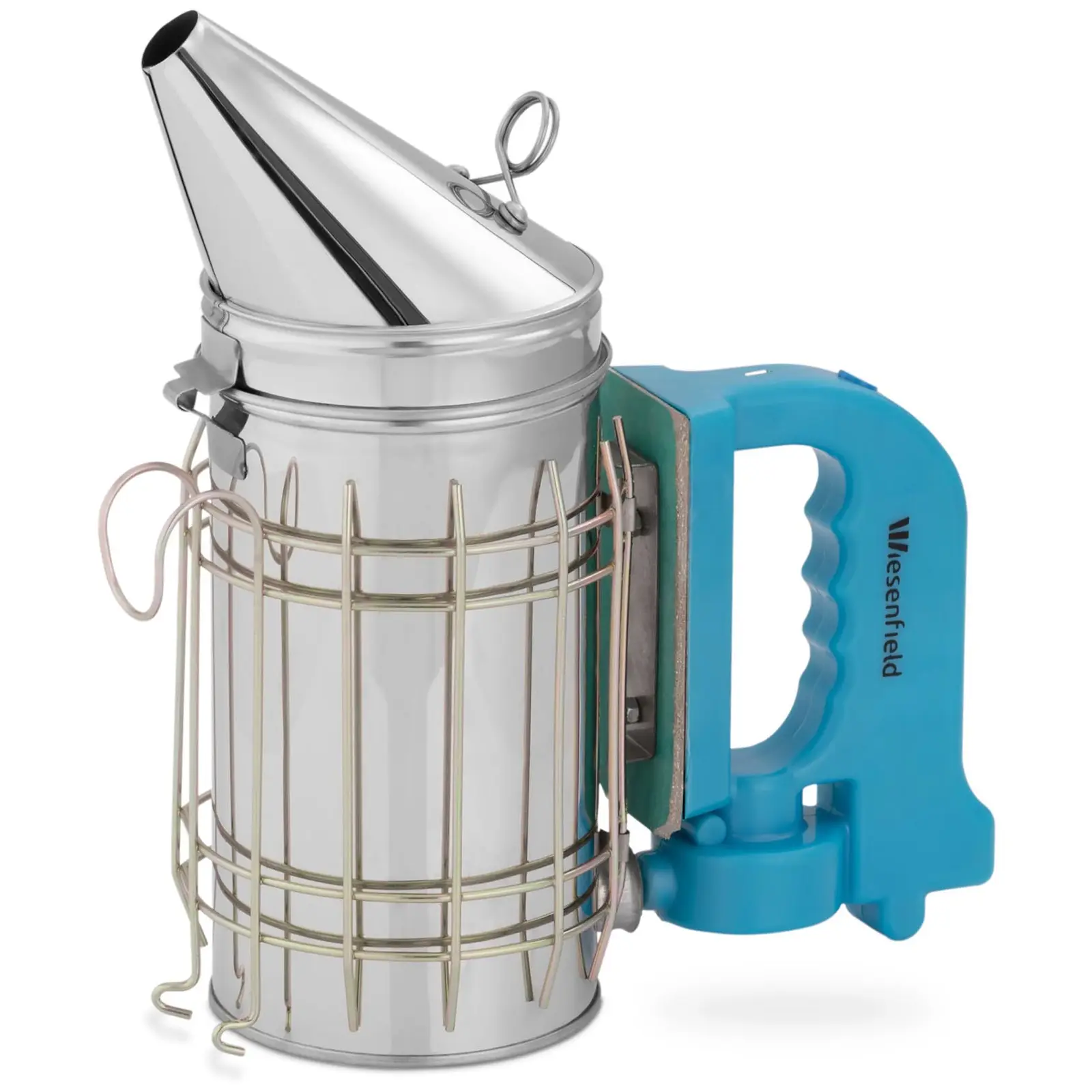
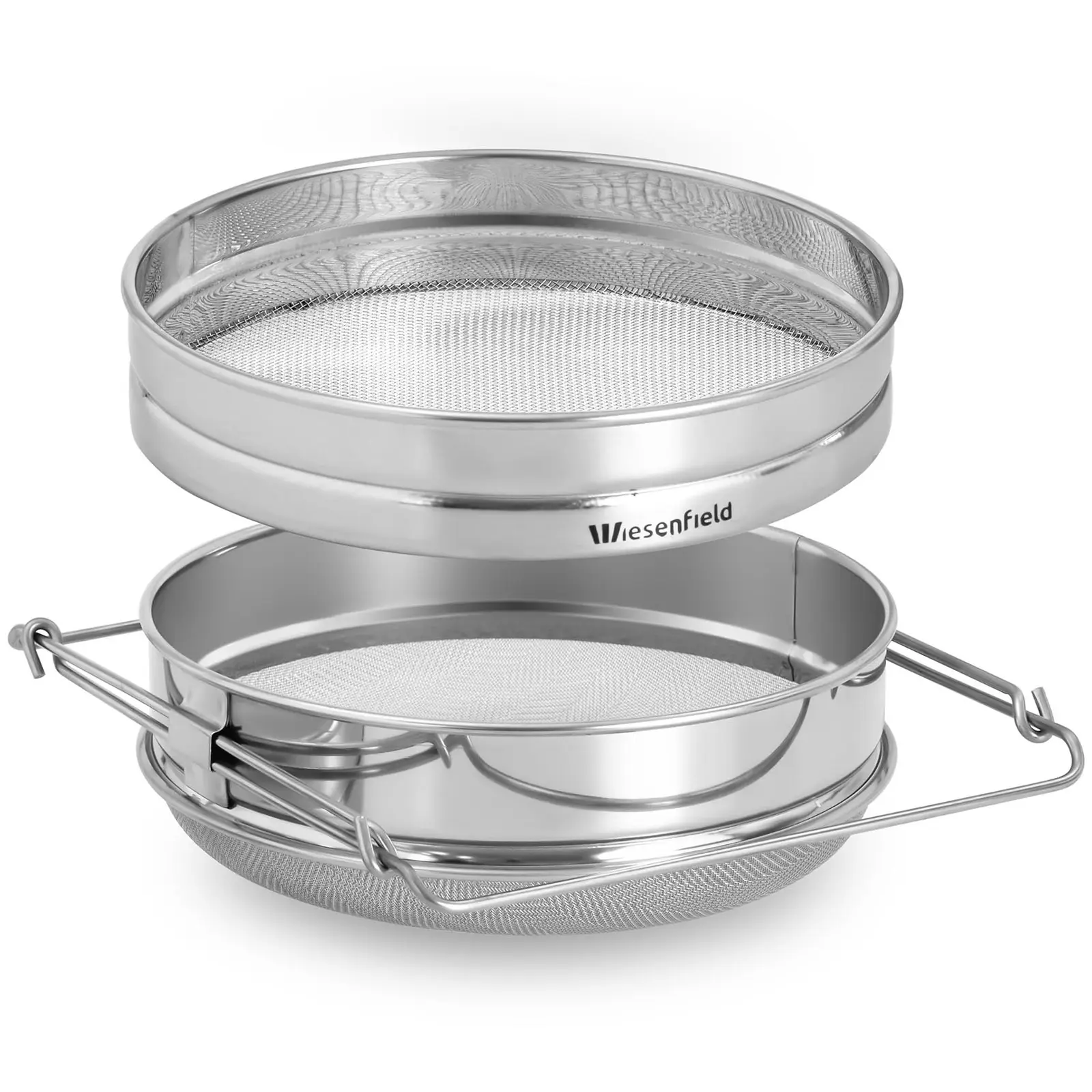
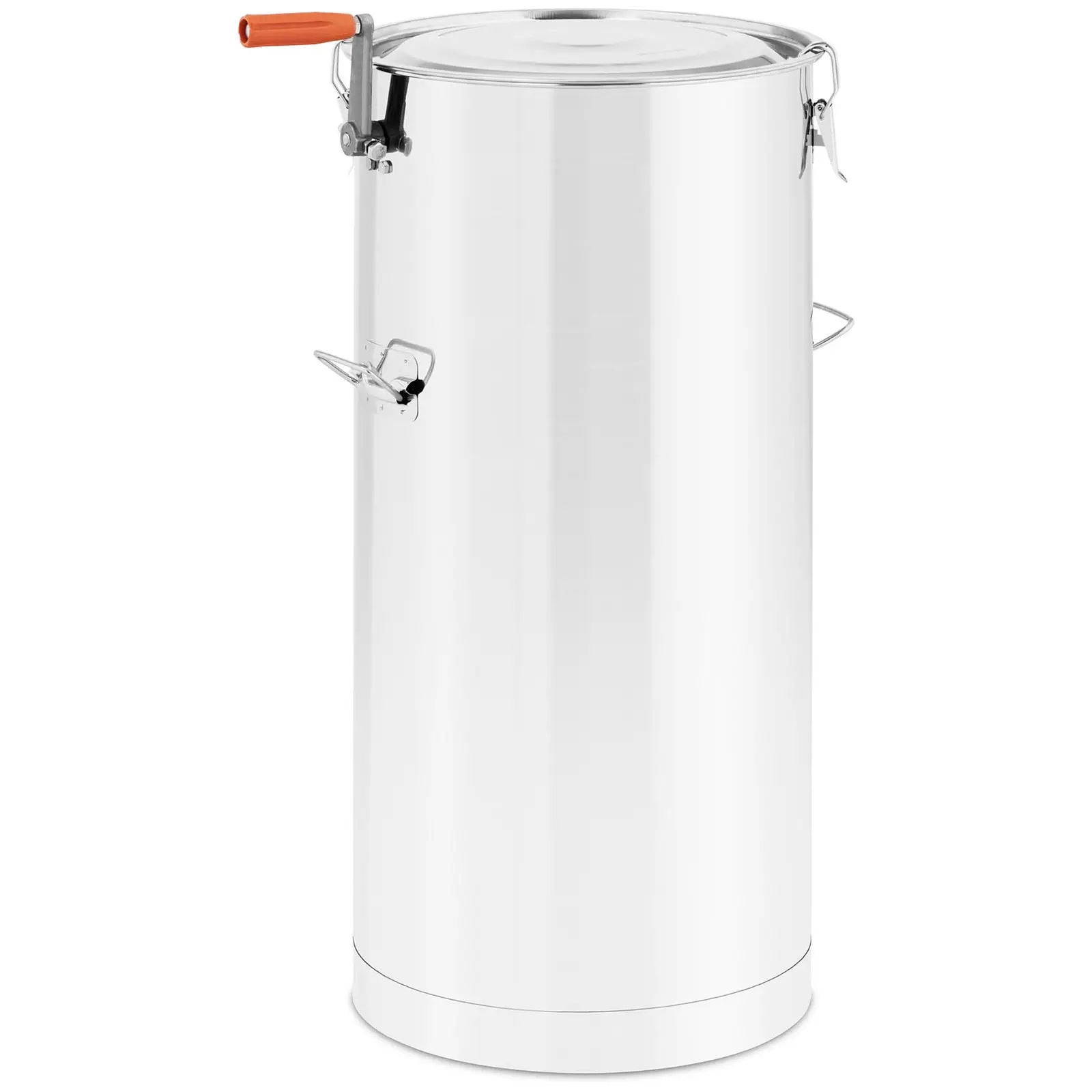
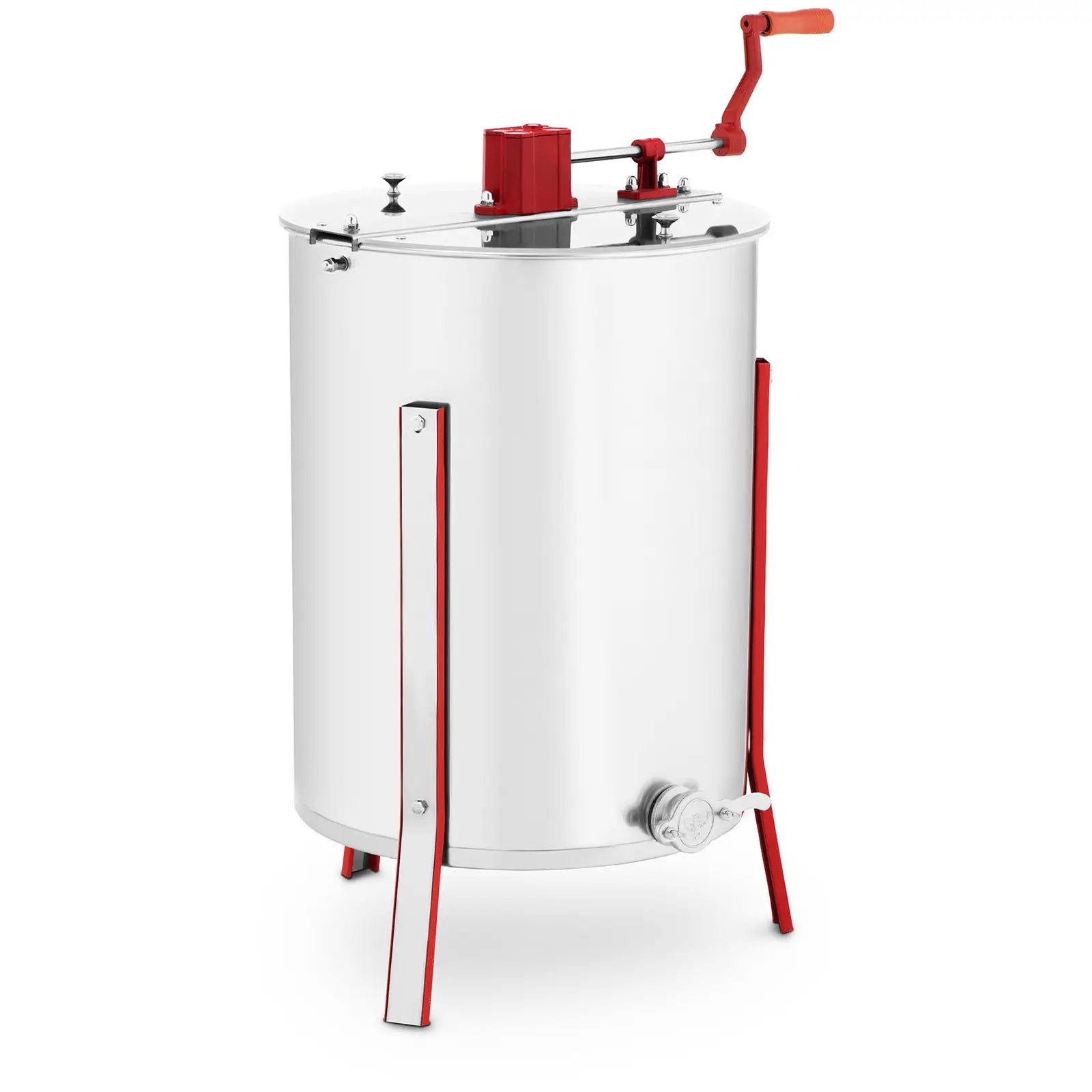
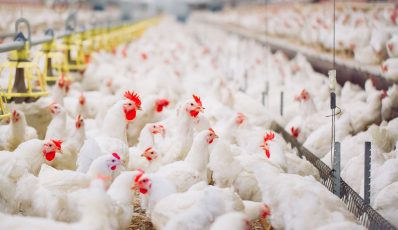

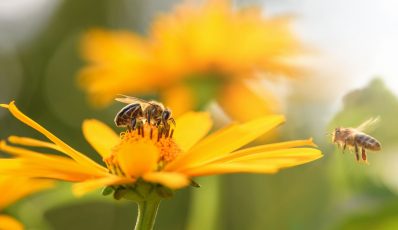
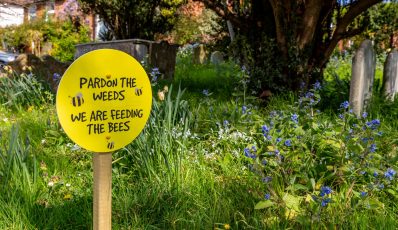

Share